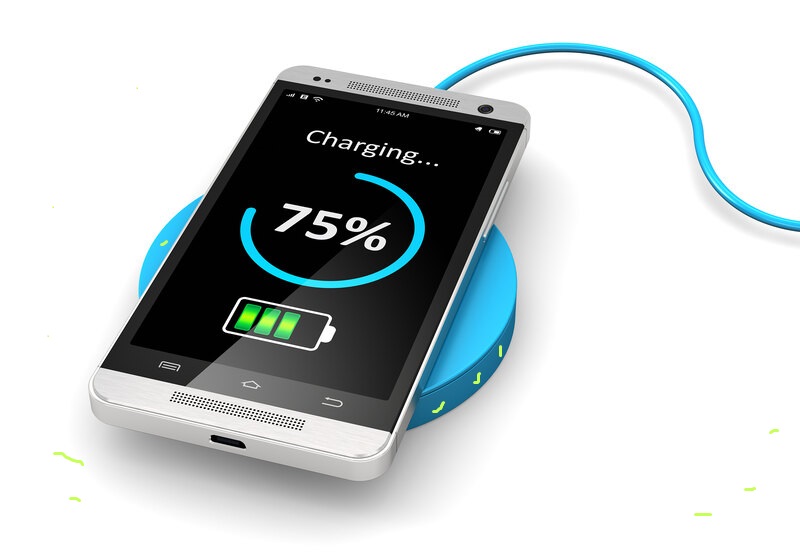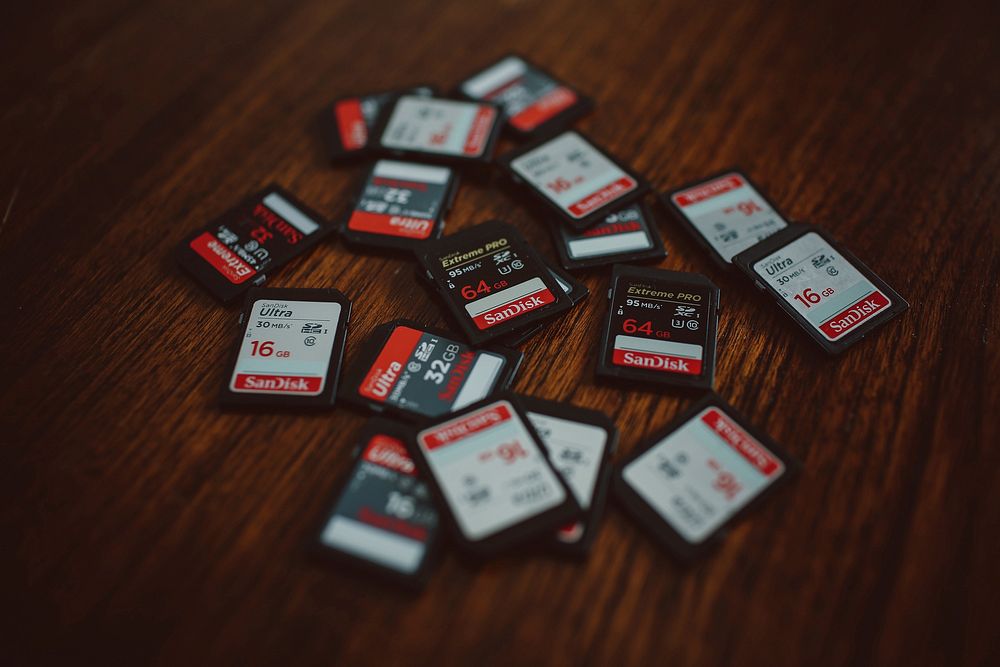Contents
- 1 Introduction
- 2 Common Causes of Data Loss
- 3 Types of Data Loss
- 4 Precautions Before Recovery
- 5 Method 1: Using Data Recovery Software
- 6 Method 2: Manual Recovery Techniques
- 7 Method 3: Professional Data Recovery Services
- 8 Tips for Successful Data Recovery
- 9 Preventative Measures
- 10 FAQs About Data Recovery on Memory Cards
- 11 Conclusion
Introduction
Losing valuable data stored on a memory card can be a stressful experience, whether it’s cherished photos from a recent vacation or important documents for work or school. Fortunately, with the right knowledge and tools, it’s possible to recover lost data and restore peace of mind. In this comprehensive guide, we’ll explore various methods for recovering lost data on a memory card, providing step-by-step instructions and expert tips to help you retrieve your files with ease.
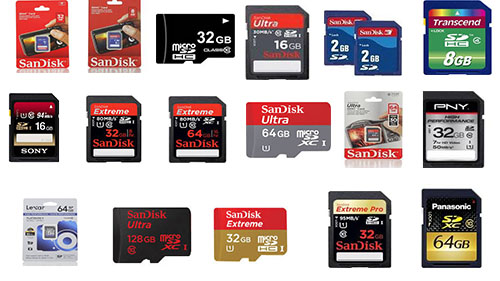
Common Causes of Data Loss
Data loss on memory cards can occur due to a variety of reasons, including accidental deletion, formatting errors, and physical damage. Accidentally deleting files or formatting the memory card without backup are common scenarios that can lead to data loss. Additionally, physical damage to the memory card, such as exposure to water or extreme temperatures, can result in the loss of stored data. Understanding the common causes of data loss is the first step towards preventing and addressing such incidents effectively.
Types of Data Loss
Data loss on a memory card can manifest in different ways, ranging from temporary issues that can be resolved with simple recovery techniques to permanent loss of data that may require professional intervention. Temporary data loss may occur due to accidental deletion or formatting errors, while permanent data loss can result from physical damage to the memory card or overwritten data sectors. Recognizing the symptoms of each type of data loss is essential for determining the appropriate recovery method.
Precautions Before Recovery
Before attempting to recover lost data on a memory card, it’s important to take certain precautions to avoid further damage or loss. First, avoid writing any new data to the memory card to prevent overwriting the lost files. Next, ensure that the memory card is not physically damaged and is properly inserted into the card reader. Additionally, use reliable data recovery software from reputable sources to minimize the risk of further data corruption during the recovery process.
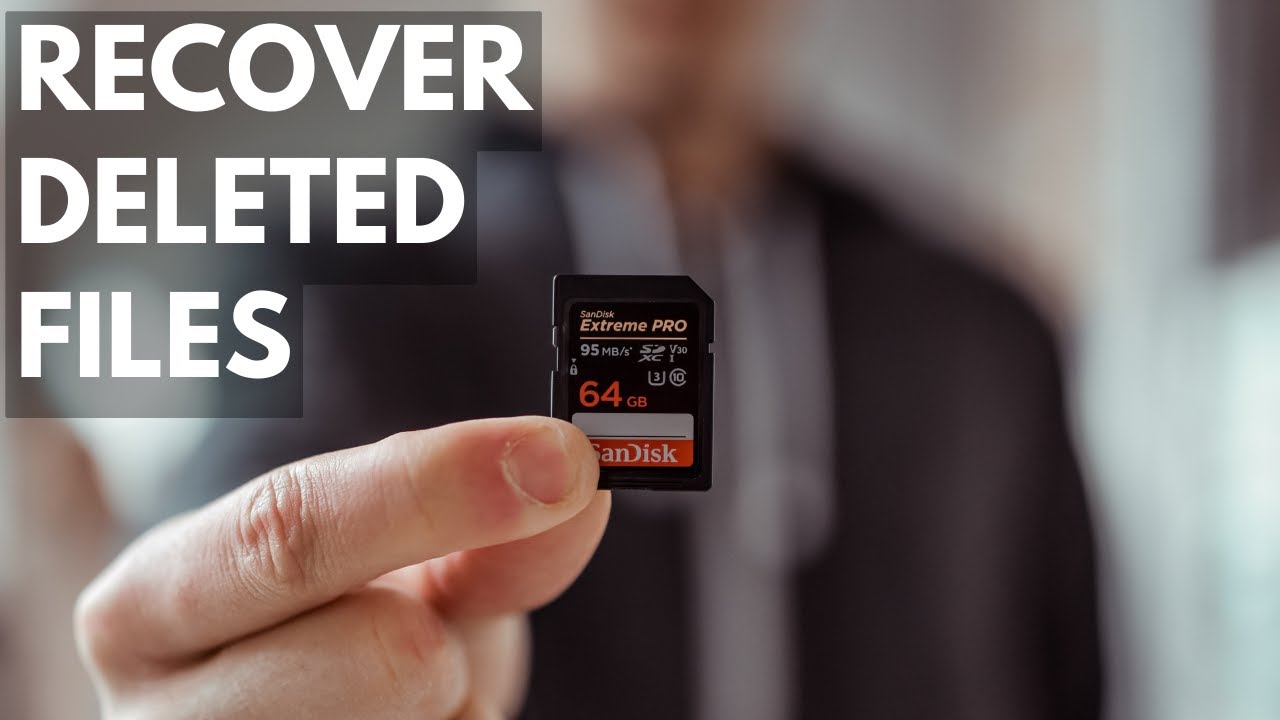
Method 1: Using Data Recovery Software
One of the most common and effective methods for recovering lost data on a memory card is using data recovery software. These programs are designed to scan the memory card for lost or deleted files and restore them to their original state. To use data recovery software, simply download and install the program on your computer, connect the memory card to the computer using a card reader, and follow the on-screen instructions to initiate the recovery process. Once the scan is complete, the software will display a list of recoverable files, allowing you to select and restore the desired files to a safe location on your computer.
Method 2: Manual Recovery Techniques
In addition to using data recovery software, there are also manual recovery techniques that can be used to retrieve lost data from a memory card. These techniques may include using command prompt or disk management tools to access and recover lost files. However, manual recovery methods can be complex and may require technical expertise, so they should be approached with caution. It’s important to follow step-by-step instructions carefully and seek assistance from knowledgeable sources if needed.
Method 3: Professional Data Recovery Services
For more complex data loss scenarios or cases where DIY recovery methods have been unsuccessful, professional data recovery services may be necessary. These services specialize in recovering lost data from a variety of storage devices, including memory cards, and employ advanced techniques and equipment to retrieve data in even the most challenging situations. While professional data recovery services can be more expensive than DIY methods, they offer a higher likelihood of successful recovery, particularly for critical data.
Tips for Successful Data Recovery
To maximize the chances of successful data recovery from a memory card, consider the following tips:
- Stop using the memory card immediately to prevent further data loss.
- Choose reliable data recovery software from reputable vendors.
- Avoid writing new data to the memory card until recovery is complete.
- Keep the memory card in a safe and dry place to prevent physical damage.
- Seek professional assistance if DIY recovery methods are unsuccessful.
By following these tips, you can increase the likelihood of recovering your lost data and restoring peace of mind.
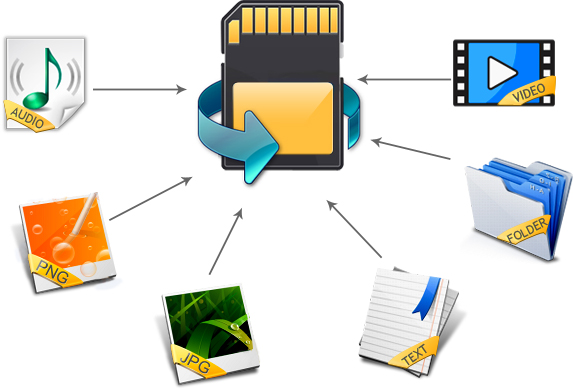
Preventative Measures
While data loss on a memory card can be a distressing experience, there are steps you can take to prevent future incidents. Regularly backing up your data to a separate storage device or cloud service can help ensure that important files are always accessible, even in the event of a memory card failure. Additionally, handle memory cards with care, avoiding exposure to extreme temperatures, moisture, and physical damage. By taking proactive measures to protect your data, you can minimize the risk of future data loss and preserve your valuable memories.
FAQs About Data Recovery on Memory Cards
Q: Can all types of data be recovered from a memory card? A: In most cases, data recovery software can retrieve a wide range of file types, including photos, videos, documents, and more. However, the success of the recovery process may vary depending on factors such as the extent of data loss and the condition of the memory card.
Q: How long does it take to recover data from a memory card? A: The time it takes to recover data from a memory card depends on various factors, including the size of the memory card, the speed of the recovery software, and the complexity of the data loss. In some cases, data recovery can be completed in a matter of minutes, while more extensive recoveries may take several hours or even days.
Q: Can I recover data from a physically damaged memory card? A: In some cases, data recovery from a physically damaged memory card may be possible with the assistance of professional data recovery services. These services have specialized equipment and expertise to retrieve data from damaged or corrupted storage devices, although success is not guaranteed.
Q: Is it possible to recover overwritten data on a memory card? A: In most cases, overwritten data cannot be recovered from a memory card, as the new data replaces the original data permanently. However, if the memory card has not been used since the data was overwritten, there may still be a chance of partial recovery using specialized software and techniques.
Q: Can data recovery software damage my memory card? A: While data recovery software is designed to safely recover lost data from a memory card, there is always a small risk of further data corruption or damage during the recovery process. To minimize this risk, choose reputable recovery software from trusted vendors and follow the manufacturer’s instructions carefully.
Q: What should I do if data recovery software cannot retrieve my lost files? A: If data recovery software is unable to retrieve your lost files, consider seeking professional data recovery services for more advanced recovery techniques. These services have specialized expertise and equipment to handle even the most challenging data loss scenarios, increasing the likelihood of successful recovery.
Conclusion
In conclusion, losing data on a memory card can be a distressing experience, but it’s important to remember that there are effective methods for recovering lost files. Whether you choose to use data recovery software, manual recovery techniques, or professional data recovery services, following the right steps and precautions can help increase the likelihood of successful recovery. By understanding the common causes of data loss, taking preventative measures, and knowing when to seek professional assistance, you can ensure that your valuable data remains safe and accessible for years to come.
You can also explore this, related to the above topic:

